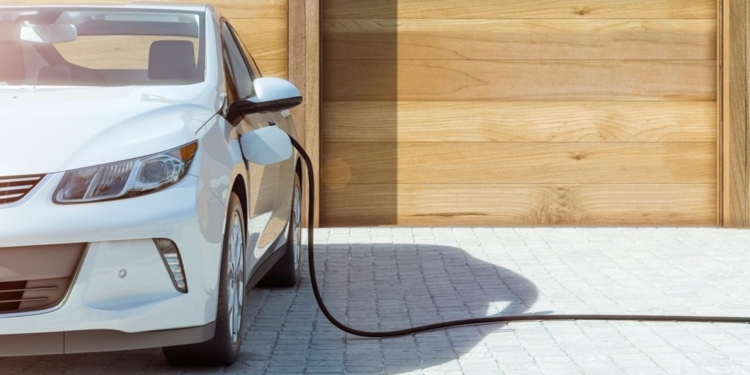Tunisia could witness a real revolution in the automobile market. Anouar Ben Ammar, general manager of a car dealership, suggested on Thursday October 23 on Midi Eco that the measures planned in the 2026 finance bill could lead to a drop of almost 30% in the prices of plug-in hybrid cars, a strong signal to encourage the energy transition.
Tax measures that make a difference
According to the project, these vehicles will benefit from a total exemption from customs duties and a reduction in VAT from 19% to 7%, on the same model as electric cars. This initiative is not limited to private vehicles: utility vehicles and buses carrying ten or more passengers will also be affected.
Charging stations, too, have their taxes reduced with VAT reduced from 10 to 7%, in order to facilitate accessibility and use of these hybrid vehicles in the country.
In 2024, 2798 hybrid cars were sold in Tunisia, a figure which drops to 2032 in 2025, while electric cars increase from 226 to 335 units, representing respectively 4% and 0.7% of the market.
Anouar Ben Ammar points out the lack of public charging stations, the main obstacle to the mass adoption of these technologies. Specifications for the installation of these infrastructures are currently being finalized, which should accelerate the transition in the coming years.
Thermal cars: taxes and dealer margins
The traditional market is not left out. Taxes constitute more than 50% of the price of a car in Tunisia, and exceed 110% on certain premium models, which largely explains the high cost of the car fleet.
Contrary to popular belief, the profit margin of dealers remains limited to 4% per vehicle, revealing the overwhelming tax pressure on the market and the dependence of prices on customs and tax policies.
The new market recorded 47,300 new registrations in 2025, compared to 22,400 vehicles on the parallel market (used cars or under FCR regime), confirming the dynamics of the sector despite economic constraints.
Read also








